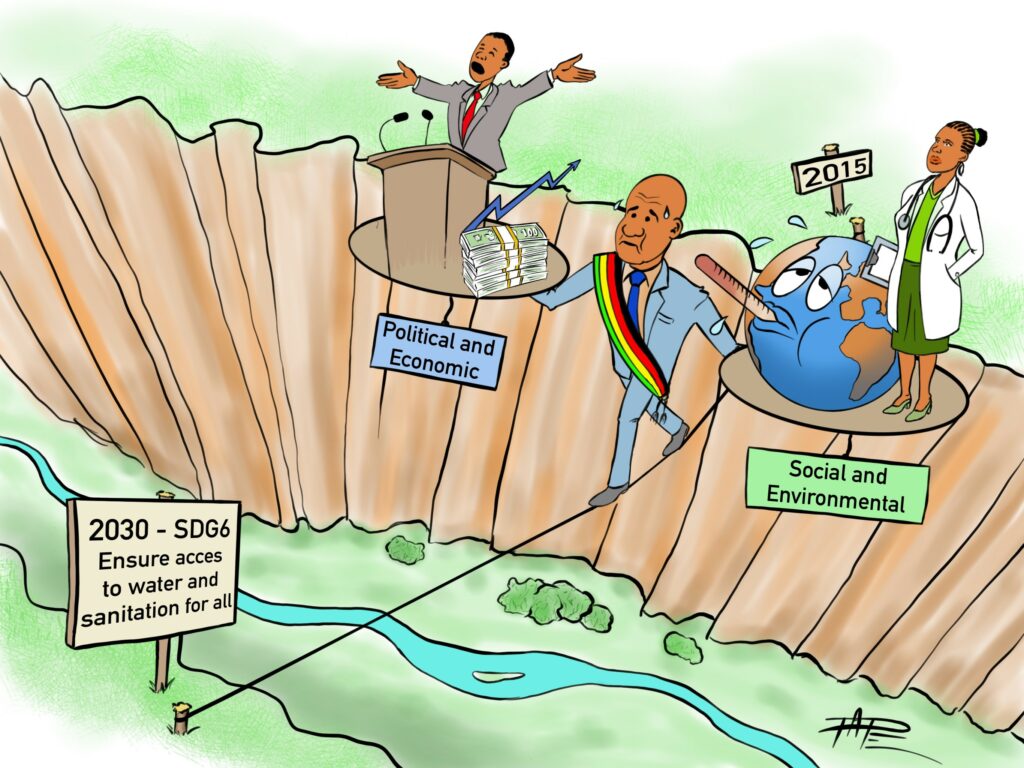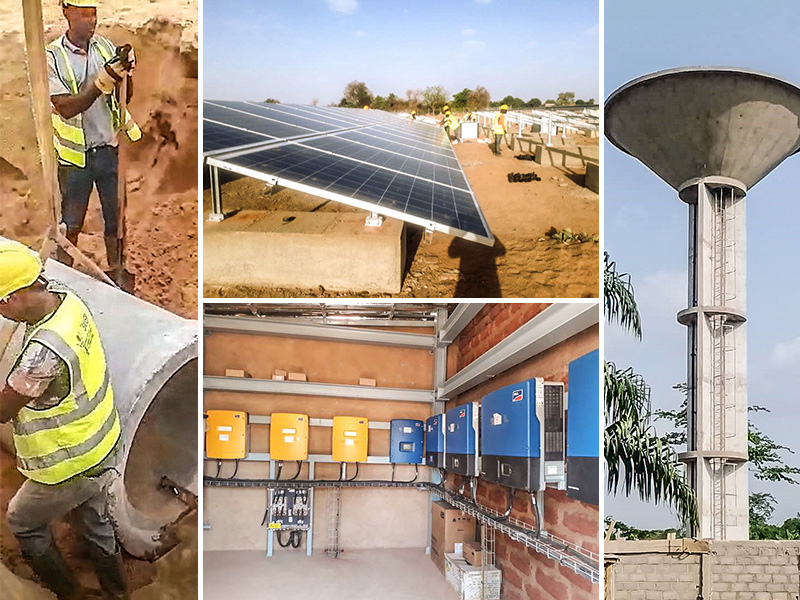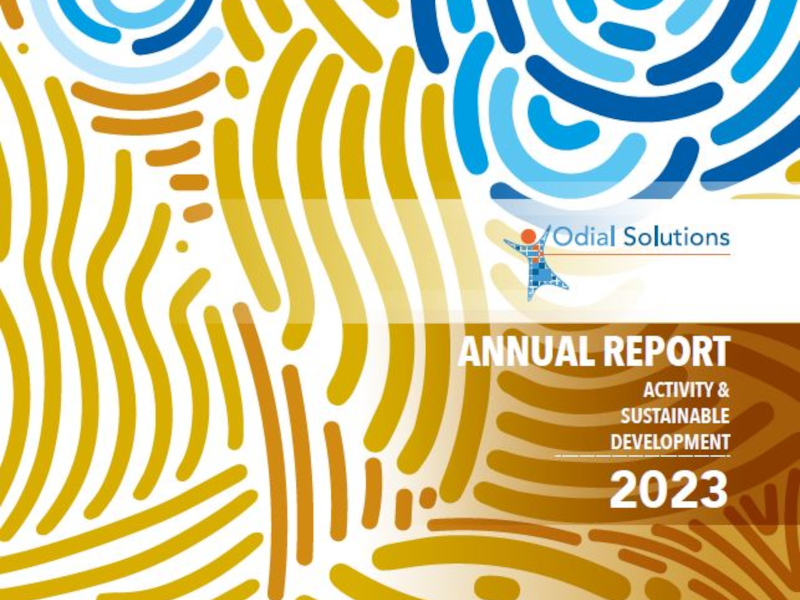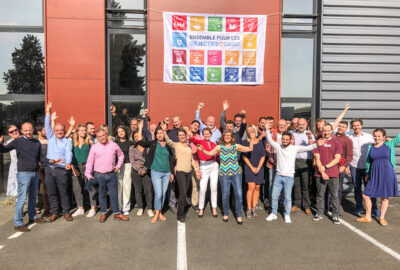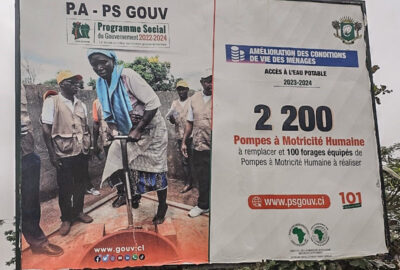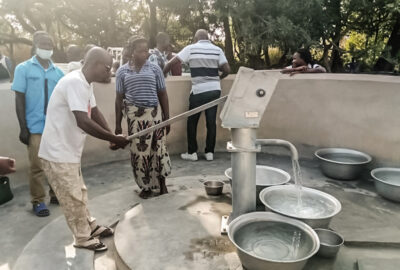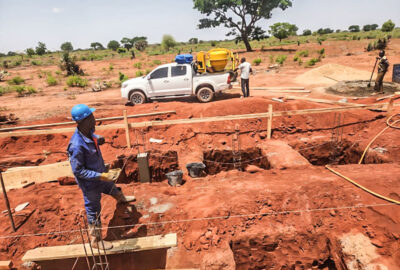Communication, Drinking water, environnement, Gestion, rse, Services de l’eau, social, sociétal
New Year’s Greetings: Let’s stop thinking it has nothing to do with us!
Three years that have shaken our habits and convictions
These last few years have brought their share of major impacts and upsets to our daily lives.
First of all there was the Covid pandemic, which brought the world to a standstill for almost two years, and forced us to drastically change our behaviour in a way no-one would have thought possible just six months earlier.
Then came the return of an armed conflict between two European countries, something we had deliberately not envisaged since 1945 and the end of the horrors of WW2, naively counting on human common sense.
After this came irrational and scandalous speculation, in raw materials and transport in particular, and we know what a destructive impact that has had. What kind of a world are we living in? Still thinking we can ignore the future consequences of our present actions, arguing that it is up to others to set things straight.
SDG6*: the pitiful state of progress in rural Africa, half-way through
It’s exactly the same for the SDGs: there are only eight years left to try to reach them.
We felt that the simple fact of having set out ambitious goals would be enough to get the ball rolling, as if by magic. As a result, far too little has happened in the water sector since 2015. And through wanting to do too much, we turn our backs on any innovative opportunity and, in doing so, neglect the rural water sector. But actually we have to understand that we will never succeed in urban areas if we fail in rural ones.
Achieving the SDGs, and particularly SDG6, requires changes in our approach that we have not managed to make so far. There are too many obstacles, too much red tape, too much fear of changing things even when they don’t actually work all that well. Force of habit?
Disruptive and duplicable models can still make a difference
Perfect is the enemy of good. We need to rethink models that were initially built by looking at the plight of the poorest of the poor to the detriment of the majority. It would be more effective to build sustainable balance, designed for all in the first instance, and that could incorporate specific measures for the most vulnerable.
Fortunately, large-scale disruptive models are appearing in the rural water sector, in Benin for instance. Let’s ride the wave of this sustainable initiative for changing access to drinking water in a rural environment and repeat this example. It’s in all our interests. There is little time left before 2030. But it’s not too late. If we react now, we can still make a difference!
I wish you all a happy and prosperous New Year!
Best Regards
Thierry BARBOTTE
Chairman, ODIAL SOLUTIONS
* Sustainable Development Goal 6: “Ensure availability and sustainable management of water and sanitation for all by 2030”.


